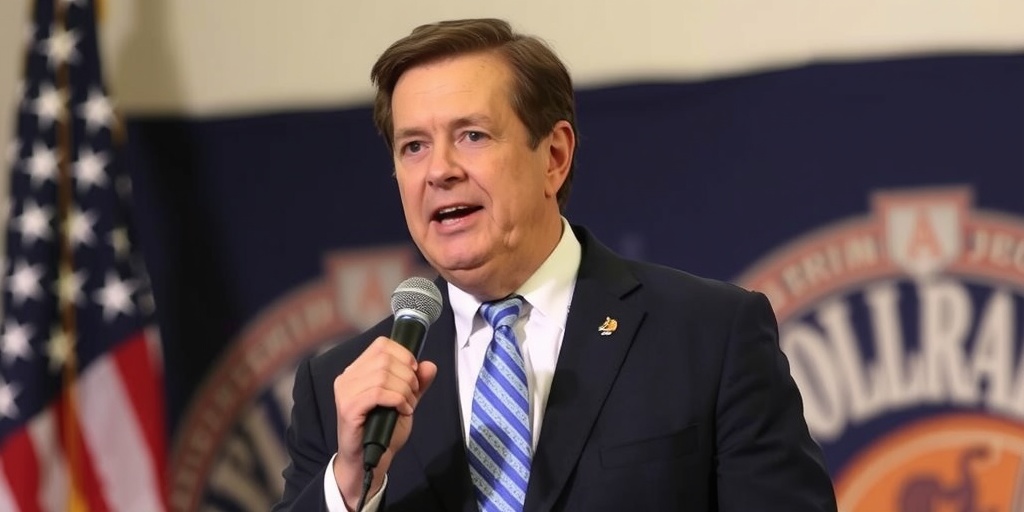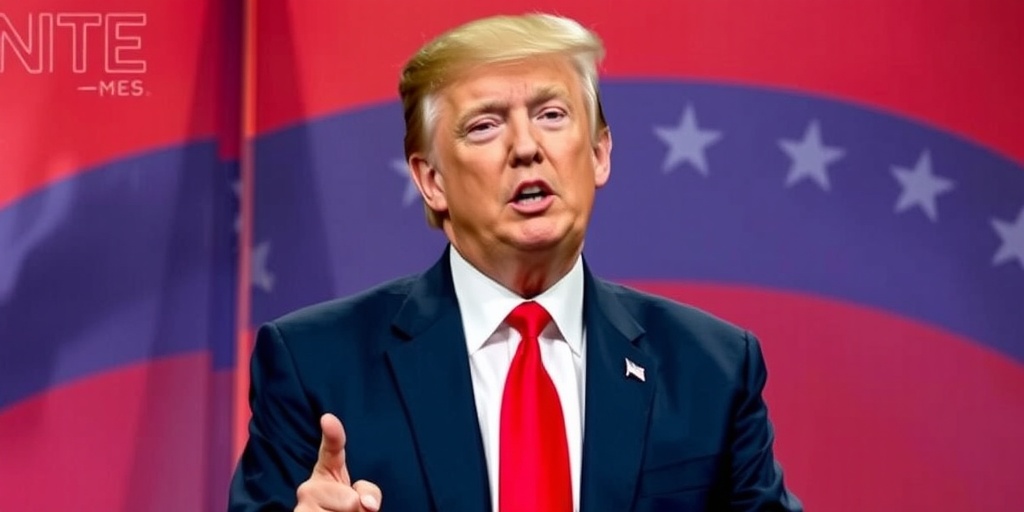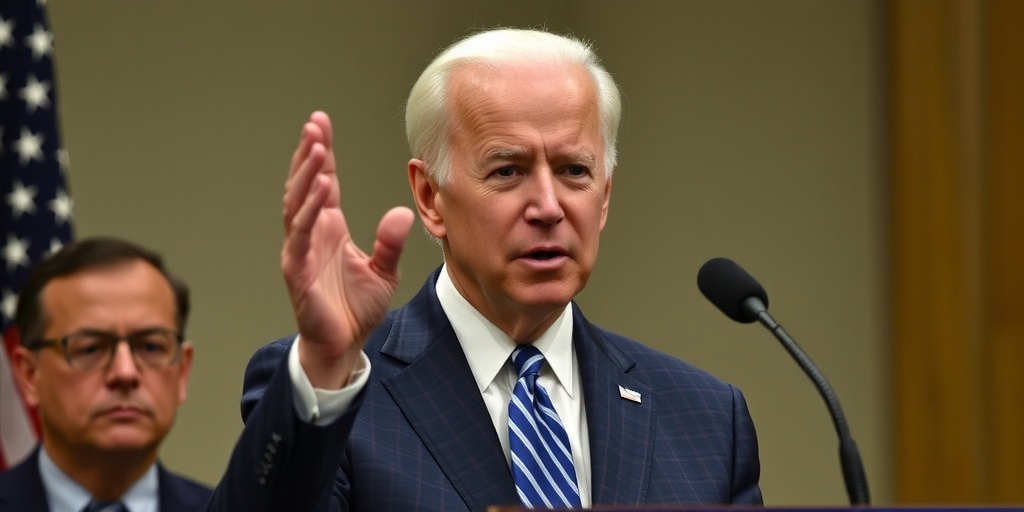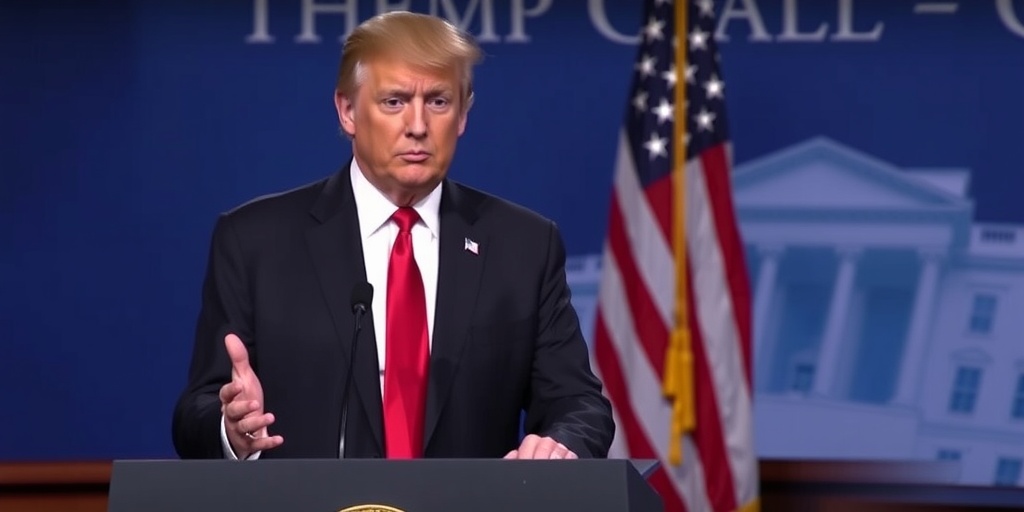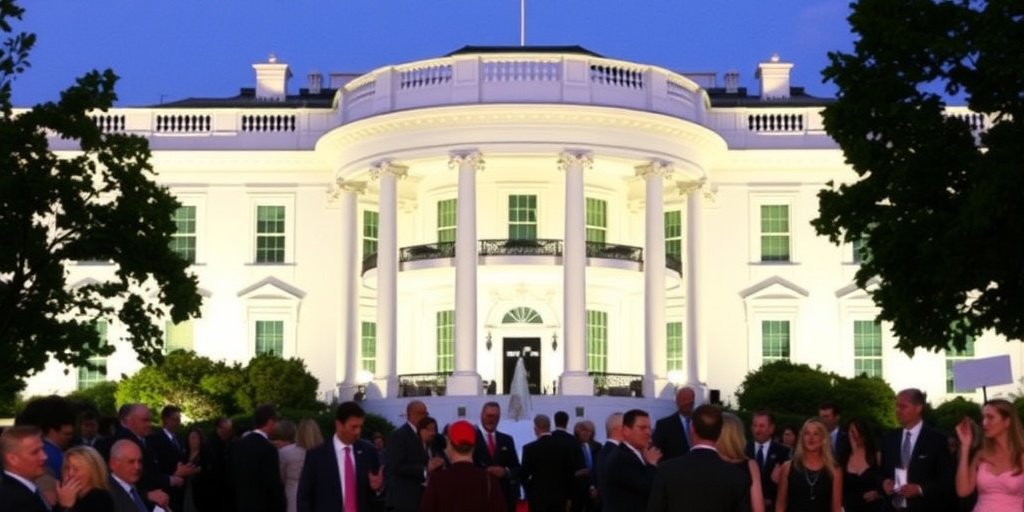Now Reading: Trump Moves to End U.S. Institute of Peace, Firing Many Staff
-
01
Trump Moves to End U.S. Institute of Peace, Firing Many Staff
Trump Moves to End U.S. Institute of Peace, Firing Many Staff
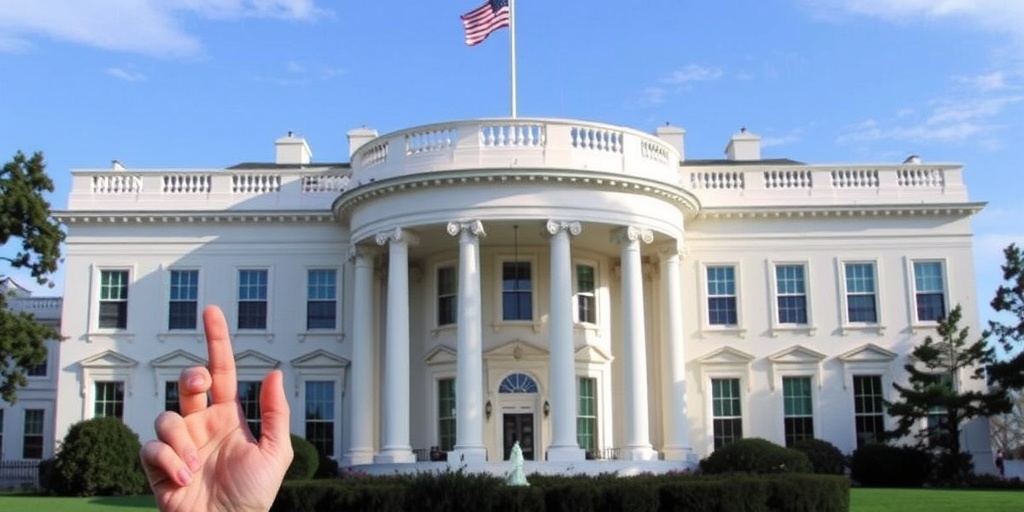
Title: Trump Administration Initiates Mass Firings at U.S. Institute of Peace, Aims at Dismantling the Organization
In a dramatic and controversial move, nearly all U.S.-based staff members of the U.S. Institute of Peace (USIP) were dismissed last Friday, marking a significant escalation in the Trump administration’s efforts to dismantle the independent nonprofit organization. This abrupt action has raised fears among many about the future of an institute that has been critical to American diplomatic initiatives for over four decades.
Current and former employees, along with termination notices reviewed by The New York Times, confirm that the late-night firings have dealt a severe blow to an organization that has worked tirelessly to promote peaceful resolutions to international conflicts. The mass termination aligns with a broader narrative emerging from the Trump administration and the involvement of Elon Musk’s team, which seems to prioritize a drastic reduction in what they term “government bloat.”
The USIP, a congressionally established organization with a mission to foster peace through diplomacy, has increasingly come under scrutiny from officials within the Trump administration. Earlier this month, a highly publicized and contentious encounter occurred when Trump officials, accompanied by private security and local law enforcement, entered the institute’s premises. This event has been described as a showdown that marked a shifting tide in how the administration views the role and functions of such independent entities.
The White House has remained largely tight-lipped about its future plans for the USIP. However, spokesperson Anna Kelly shared a statement emphasizing that President Trump believes the institute’s operations no longer serve a vital purpose. “President Trump ended the era of forever wars and established peace in his first term, and he is carrying out his mandate to eliminate bloat and save taxpayer dollars,” Kelly stated. She further added that “Taxpayers don’t want to spend $50 million annually on a publicly funded ‘research institute’ that has failed to deliver peace.”
In a rather unsettling turn of events, the majority of the affected employees received their termination notices through a late-night email sent to their personal email addresses. The communications, sent by an acting head of human resources, informed staff that their employment would officially end on March 28. Along with the termination, staff members were asked to sign a separation agreement, which notably included clauses restricting their ability to seek legal recourse related to the firings. This approach has raised significant concerns regarding the rights of employees, as they are now faced with uncertainty regarding their future and the legitimacy of the separation process.
The Trump administration’s interest in dismantling the USIP appears to have been solidified with a February executive order that targeted the institute specifically. This order called for a drastic reduction of both the organization’s functions and the staff required to meet legal obligations. By framing the institute’s work as unnecessary, the administration’s actions reflect a broader skepticism about the value of international diplomacy and peace efforts—core missions of the USIP.
While some analysts might argue that reducing expenditures is a responsible approach to governance, critics of the administration assert that dismantling an organization dedicated to conflict resolution undermines America’s standing as a global leader in promoting peace. The firings not only threaten the vital work of USIP but also signify a concerning trend toward de-emphasizing diplomacy in favor of isolationist policies.
The ramifications of these firings extend beyond those directly impacted. The USIP has played a significant role in various international peacebuilding efforts, contributing insights and strategies crucial in areas facing violence and instability. Its potential dismantlement raises alarm about the implications for ongoing and future diplomatic initiatives.
As the situation develops, many are left questioning what this means for the future of U.S. foreign policy and its commitment to promoting peace through diplomatic channels. The actions taken by the Trump administration reflect a stark choice about the role of government-funded organizations in addressing global challenges. In an increasingly complex world, the decision to eliminate institutions like the USIP may prove to be a profound misstep in the pursuit of a more peaceful international landscape.
The upcoming weeks and months will likely shed more light on this evolving situation, as employees and advocates for peace continue to navigate the uncertain landscape left in the wake of these firings. The potential dismantlement of the U.S. Institute of Peace resonates as a significant turning point in America’s approach to international relations and conflict resolution.
Stay Informed With the Latest & Most Important News
Previous Post
Next Post
-
 01New technology breakthrough has everyone talking right now
01New technology breakthrough has everyone talking right now -
 02Unbelievable life hack everyone needs to try today
02Unbelievable life hack everyone needs to try today -
 03Fascinating discovery found buried deep beneath the ocean
03Fascinating discovery found buried deep beneath the ocean -
 04Man invents genius device that solves everyday problems
04Man invents genius device that solves everyday problems -
 05Shocking discovery that changes what we know forever
05Shocking discovery that changes what we know forever -
 06Internet goes wild over celebrity’s unexpected fashion choice
06Internet goes wild over celebrity’s unexpected fashion choice -
 07Rare animal sighting stuns scientists and wildlife lovers
07Rare animal sighting stuns scientists and wildlife lovers













